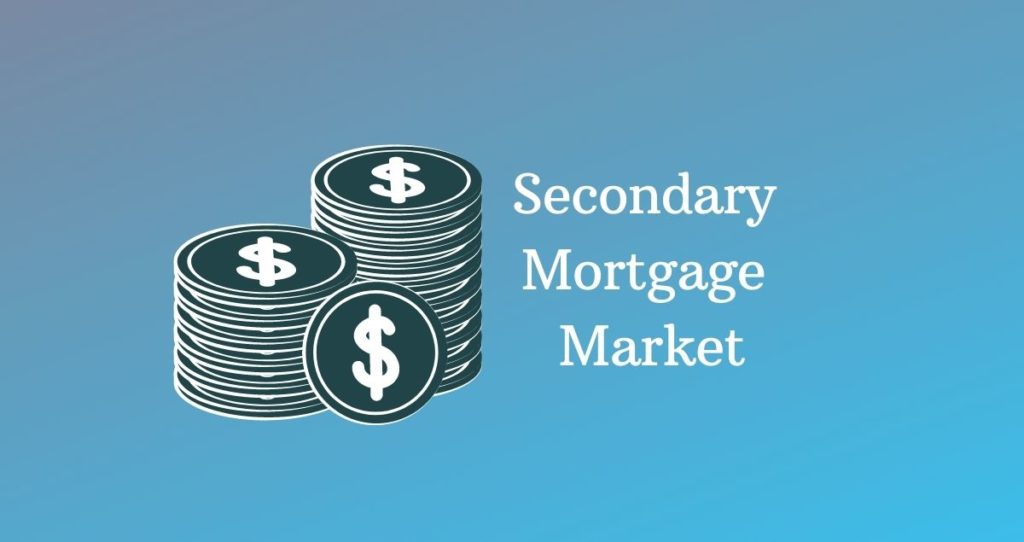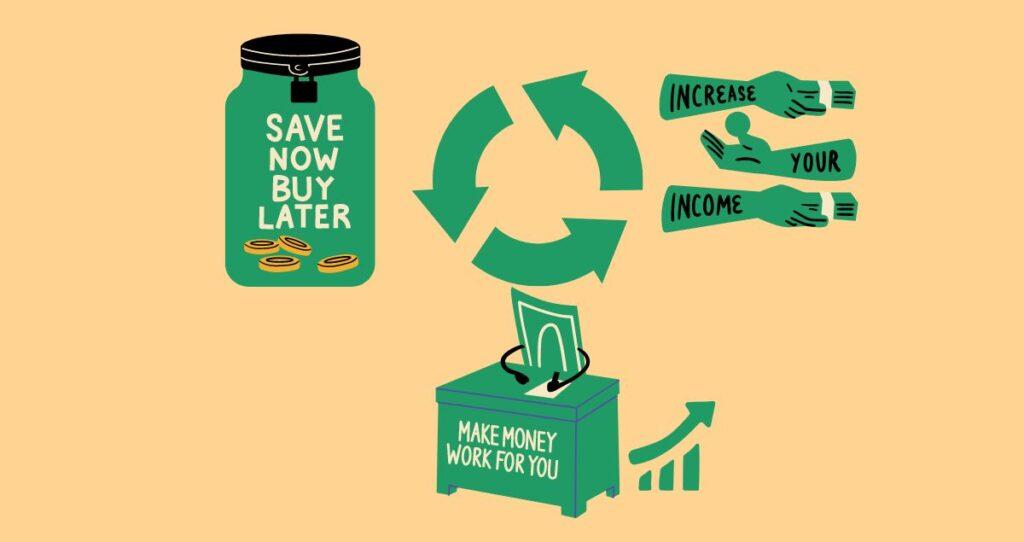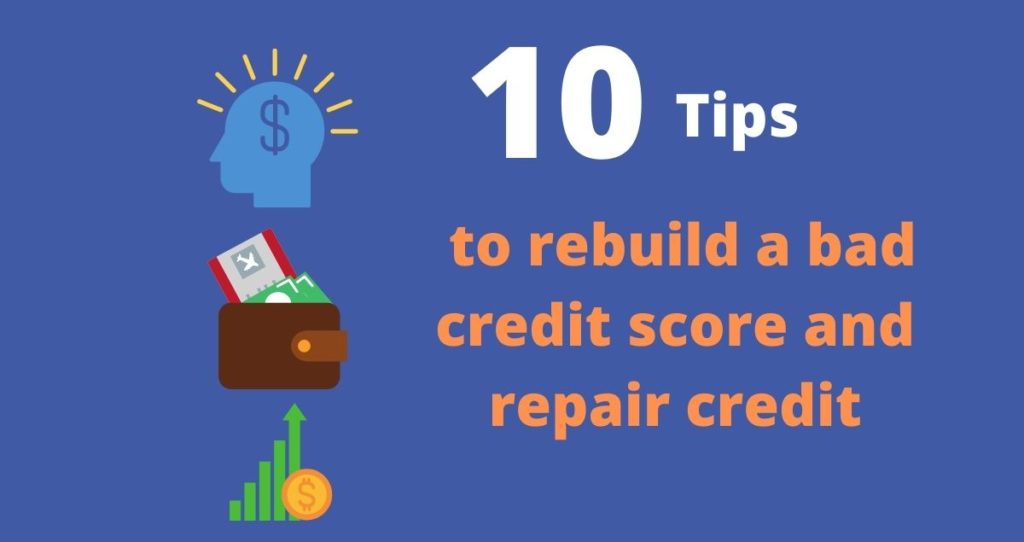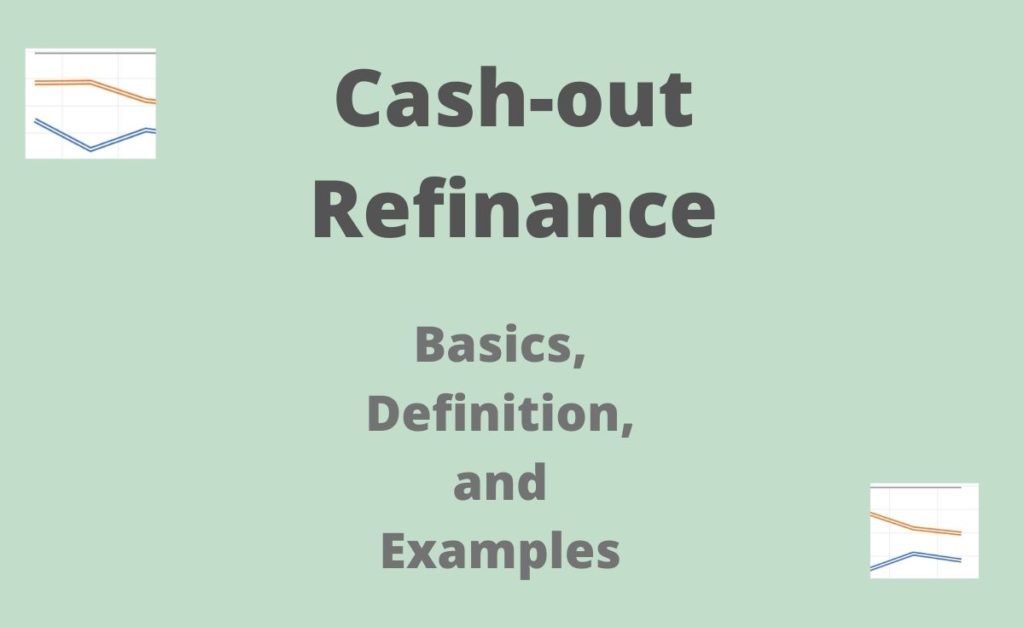Intro to secondary mortgage market
After securing the mortgage, the financing of a home purchase is pretty much done for a homebuyer. On the other hand, the mortgage and loan lenders’ journey is not over yet. This is because lenders must sell the mortgages they extended to borrowers in a secondary mortgage market in order to secure funds for other borrowers. Without a secondary mortgage market, it would be impossible for lenders to offer more loans. More importantly, many homebuyers would not easily afford homes.
So, what is a secondary mortgage market?
A secondary mortgage market is a market where mortgages, loans, and their servicing rights are bought and sold, according to SmartAsset. After originating mortgages, lenders go on and sell qualifying mortgages to government-backed institutions such as Freddie Mac and Fannie Mae. Other private institutions could buy mortgages and loans that do not meet Freddie and Fannie’s approvals.
After buying mortgages from lenders, their buyers will bundle them into mortgage-backed securities(MBS). With this trick, MBS can be sold to investors since they offer a sense guarantee. The guarantee comes from consistent payments collected from individual homebuyers.
What are the benefits of the secondary mortgage market?
Secondary mortgage markets offer a lot of benefits to homebuyers, mortgage originators, and mortgage investors.
Benefits to homebuyers
These markets make it possible for homebuyers to easily qualify for mortgages and afford homes. This is because there is always money available in lenders’ accounts and requirements are not too harsh. That is with the guarantee to transfer the risks associated with originated mortgages, lenders use less strict mortgage requirements. This leads to giving more mortgages/loans to many borrowers.
Benefits of secondary mortgage markets to lenders/mortgage originators
The secondary mortgage market makes it possible for moneylenders to originate as many loans/mortgages as possible. Without a buyer for mortgages they originate, lenders would have to use their own money. As we all know, the cash in the lender’s reserve accounts will be limited. For this reason, lenders would have to wait for a while before issuing more mortgages to new customers. This is why selling these mortgages to the secondary mortgage market provides direct cash to lenders that help them to issue unlimited mortgages.
It is also important to know that every investment comes with a risk. That is the lender is taking risks by giving you money. This is because your ability to pay the money back is uncertain, regardless of your financial standing. Moneylenders reduce the risks they take on mortgages by selling mortgages to someone else. With risks taken by someone else, lenders stay in business for a while.
Benefits to mortgage investors
Mortgages investors in this context are investors who buy mortgage-backed securities from Fannie Mae and Freddie Mac. These securities come with some safety because homebuyers continue to make payments. That is homebuyers’ monthly mortgage payments go to investors who purchased those mortgages after fees and charges of managing those accounts are deducted. In the end, mortgage lenders act as middlemen between mortgage investors and homebuyers.
It is important to note that in order for these systems to work, homebuyers must continue to make their payments. This is because the money that flows through the hands of all these institutions is the one paid by homebuyers. Once a large number of borrowers default on their mortgages, the housing market crashes, and many mortgage institutions close their doors. Just like Lehman Brothers did in 2008. So, now you know what crashes the housing market.
What are the risks of a secondary mortgage market?
At this point, you have a general idea of how the money flows through different hands when it comes to mortgage businesses. There are two main important sides in the mortgage industry (homebuyers and mortgage investors). If one of them fails, the whole housing market would collapse. I think you have seen it in the past. A good example and most recent housing crisis happened in 2008 where millions of people defaulted on their subprime mortgages.
The home buyer: The homebuyer borrows the money from a mortgage investor indirectly. Since a lender sells the mortgage to Fannie and Freddie, and then, these institutions sell the same mortgage to mortgage investors; it is clear that the money comes from the investors. This is because middlemen get their money back. Only investors receive their money over time as homebuyers make their monthly payments. Mortgage investors are usually pension funds, hedge funds, and banks.
The mortgage investor: Mortgage investors buy mortgage-backed securities. The payment they make ends up in the hands of new mortgage borrowers through middle institutions. Without them taking on the risk, the mortgage industry would suffer big time. But the main key player in the survival of the mortgage industry is the lowest person on this ladder: The mortgage borrower/homebuyer.
All these institutions survive because homebuyers are able to fulfill their mortgage obligations. That is they make consistent mortgage payments every month until their houses are fully paid off. This is the only way the guy on top (mortgage investor) is able to get his money back with interest.
A market where many homebuyers are defaulting on their mortgages forces lenders to stop giving out more money. At the same time, mortgage investors avoid purchasing more mortgage-backed securities since buyers are failing. This makes it difficult for government-backed institutions to purchase more mortgages from mortgage originators. Hence, the housing market and many mortgage institutions fail.








